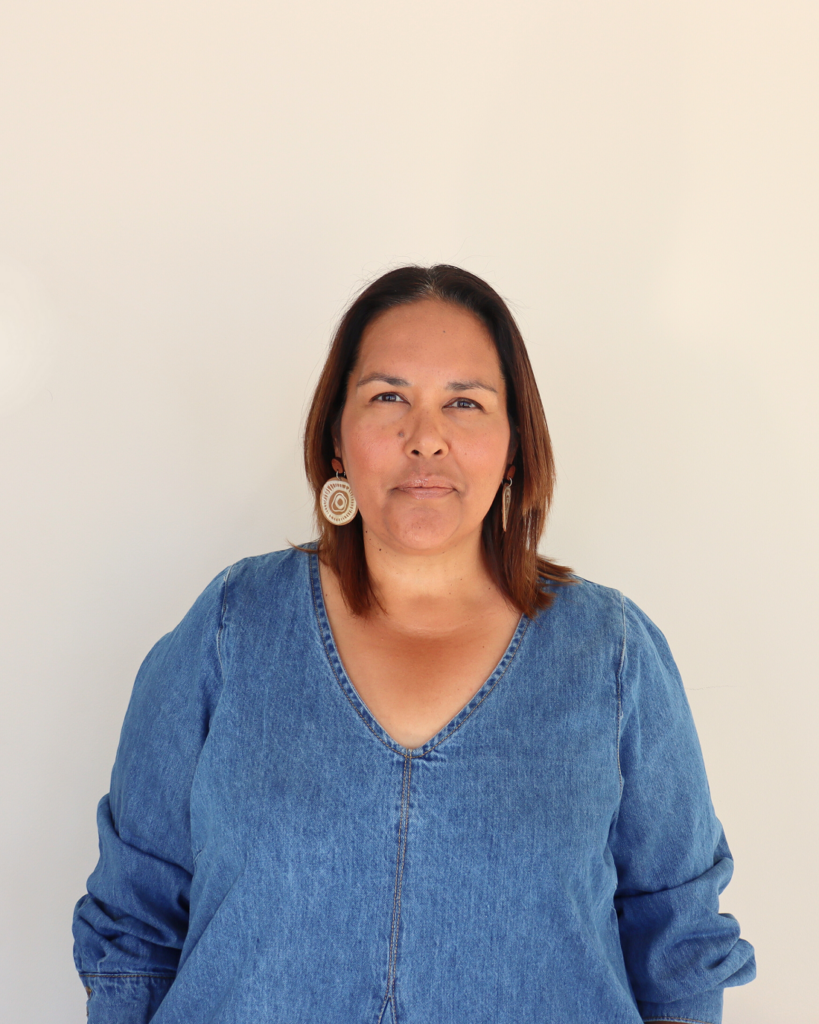Amid a looming shortage of doctors and nurses in Australia, Queensland’s North West Hospital and Health Service (NWHHS) has exceeded the national target for First Nations workforce representation with support from an additional $5.2 million investment.
On Close the Gap Day today, this marks how one organisation is working to close the healthcare gap for Aboriginal and Torres Strait Islanders. The National Aboriginal and Torres Strait Islander Health Workforce Strategic and Implementation Plan for 2031 set the national target at 3.34 per cent.
Meanwhile, the NWHHS has exceeded the target by three times, with First Nations people currently representing 10 per cent of their workforce.
“Having a strong First Nations workforce is a powerful driver of change for Australia’s healthcare system and we want to have those voices front and centre when it comes to patient care,” said Christine Mann, Executive Director of Aboriginal and Torres Strait Islander Health at NWHHS and a proud Woppaburra woman.
“In the last 6-18 months we’ve created an extra 24 full time positions in the First Nations portfolio spanning Nursing, Allied Health and Aboriginal Health Practitioner Roles,” she said. “It’s an additional $5.2 million investment annually which we believe will benefit the health outcomes of our First Nations patients and help close the gap when it comes to the burden of disease.”

There’s expected to be a shortfall of 70,000 nurses in Australia by 2035 including a gap of 9000 First Nations nurses, according to the Department of Health and Aged Care’s Nursing Supply and Demand.
According to the 2021 Census, 65 per cent of Indigenous Australians employed in a registered health profession were a nurse or midwife. NWHHS has at least 17 nurses who identify as Aboriginal or Torres Strait Islander, with nine of those professionals in leadership positions.
“Eventually we’d love to see our First Nations workforce mirror representation in the population which is 30 per cent. When I look at how far we’ve come already I think we can get there,” said Mann.
“Having a strong and well-represented First Nations workforce is the best way we can enhance the accessibility of health services, ensure culturally-safe health care and improve patient experience for First Nations people,” she said.
“Aboriginal and Torres Strait Islanders have complex family structures and our First Nations workforce is key to understanding the best way to approach their healthcare and ensure our patients receive the best support.”
Mann says it’s critical that frontline workers have an understanding of the challenges people are facing outside the hospital doors, such as housing, overcrowding, hygiene and poverty.
That’s why NWHHS has invested in multiple career development pathways to help grow the First Nations workforce and encourage young people to pursue a career in health including a school work experience initiative, the Deadly Start school based traineeships and the Aboriginal and Torres Strait Islander Tertiary Cadetship Program.
“What we’re finding is that the more opportunities we provide for First Nations people to work in healthcare it has a trickle effect back to the community and we find it motivates the next generation to follow a similar career path,” said Mann.
Pictured in headline image: Rebecca Mabo is the granddaughter of Eddie ‘Koiki’ Mabo, whose High Court case paved the way for native title, and is a qualified nurse and midwife. She has just started with Queensland’s North West Hospital and Health Service after being the only First Nations student to graduate from her university course.


